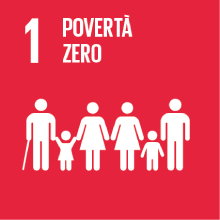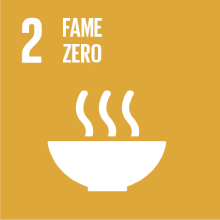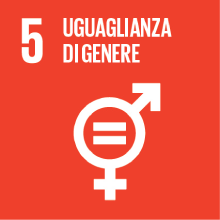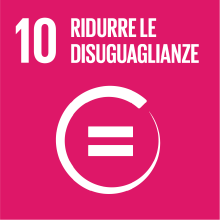Critical Management Studies
- Anno accademico
- 2022/2023 Programmi anni precedenti
- Titolo corso in inglese
- Critical Management Studies
- Codice insegnamento
- PHD016 (AF:402243 AR:218834)
- Lingua di insegnamento
- Inglese
- Modalità
- Crediti formativi universitari
- 6
- Livello laurea
- Corso di Dottorato (D.M.45)
- Settore scientifico disciplinare
- SECS-P/07
- Periodo
- 4° Periodo
- Anno corso
- 1
- Sede
- VENEZIA
- Spazio Moodle
- Link allo spazio del corso
Inquadramento dell'insegnamento nel percorso del corso di studio
However, a different view is possible.
Management can be seen as a cultural artefact, a phenomenon that is embedded in the social and political contexts in which it operates. Management practices are social constructs around which power and interests are negotiated and political processes enacted. As such, management loses its neutrality and claims to objectivity to gain in terms of cultural significance. This shift towards the interpretive and critical dimensions requires different forms of understanding that question precisely those implications of management that are often taken for granted in mainstream management studies. Critical Management Studies provide one possible form of understanding by suggesting that in practice managerial tools function in diverse and often unintended ways related to the social and political processes that exist in contemporary organizations and societies. The interpretation offered within Critical Management Studies draws on an understanding of managerial theories and tools as mediating and reinforcing the particular cultures, values and meanings instituted in organizational practices.
Risultati di apprendimento attesi
Prerequisiti
Contenuti
What we tend to take for granted: management as the natural way of sorting things out
Who are we writing for ?: management studies as a fragmented ad-hocracy
Modernity and its consequences: the scientification of management
Post-modernity and its consequences: management as a cultural artefact
Postcards from Frankfurt: management and Critical Theory
Ideology and Hegemony: Marxist analysis of management
Management as a text: the discursive production of reality
Masculinity and rationality: a gendered understanding of management
Conducting the conduct of others: Michel Foucault and Govermentality
Testi di riferimento
Modalità di verifica dell'apprendimento
Students will be asked to keep a journal of their learning experience by writing a daily post (max 200/300 words) on the Moodle forum reflecting on the topics discussed in class. The daily journal should be an individual reflection on the topics presented by the professor in class that same day and/or the chapter/articles assigned for readings. Students can also join the conversation by reacting to postings submitted by their colleagues. Students can write what they think they have learned from each day’s lesson, discuss how different themes are connected, or how their daily learning could be of relevance for the development of their academic interests or professional career. Overall, the posts should demonstrate the ability to connect the topics discussed in class with actual and contemporary issues, episodes, initiatives, and controversies taken from debates occurring in mainstream media and frame them within critical management perspectives.
Daily pitching (20% of the grade)
At the beginning of each class (starting on class 3) each student will be assigned to pitch to the class for 10 minutes about the discussion that has been developing in the forum during the previous days. The presenter is expected to summarize the collective discussion, identify common issues, and key points, and leave the class with one question for the professor and the rest of the students to respond to. The presentation should demonstrate the ability to critically interpret the different views, construct and propose a coherent argument and identify gaps and open issues that require additional reflection and may lead to further discussion. In other words, the presenter is supposed to assume the role of the lecturer for the initial part of the class and offer an assessment of the extension, clarity, depth, and creativity of the discussion that has been going on in the forum. The presenter are expected to use slides or other forms of visualization of their presentation.
Research Paper (40% of the grade)
Students will be required to write a research paper (3500-4000 words) with a critical management hedge drawing from theoretical aspects of critical management studies, philosophical contributions and case studies encountered during lectures, insights from additional reading, engagement in contemporary discussion in the media or from personal experience. The research paper will have to look like an expanded essay that presents the student’s own thinking and interpretation backed up by the ideas of scholars and experts in the field. The research paper will have to feature a review of the literature that requires to research information and then summarize and paraphrase. It will then add the step of synthesizing the information and developing the student’s own insight or argument on the topic or issue that the information presents. In the research paper, the student is expected to address one central question and develop a thesis, i.e. the answer to the question thus anticipating the type of intellectual exercise that is required for the doctoral thesis.
Modalità di esame
Metodi didattici
Obiettivi Agenda 2030 per lo sviluppo sostenibile
Questo insegnamento tratta argomenti connessi alla macroarea "Povertà e disuguaglianze" e concorre alla realizzazione dei relativi obiettivi ONU dell'Agenda 2030 per lo Sviluppo Sostenibile




